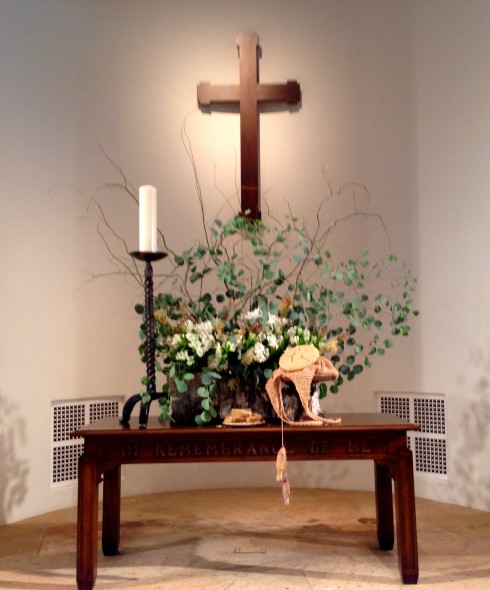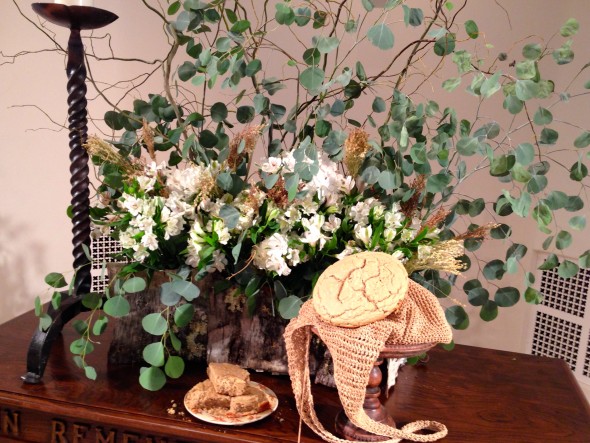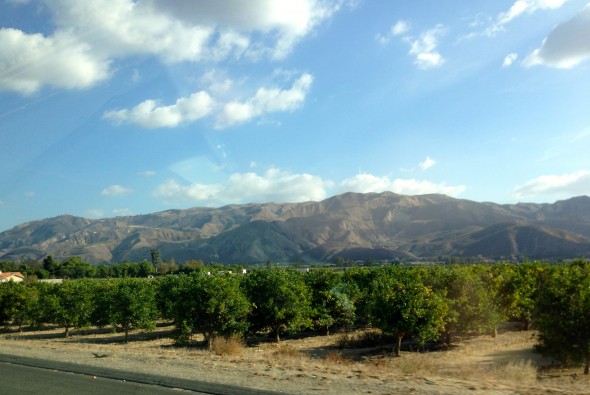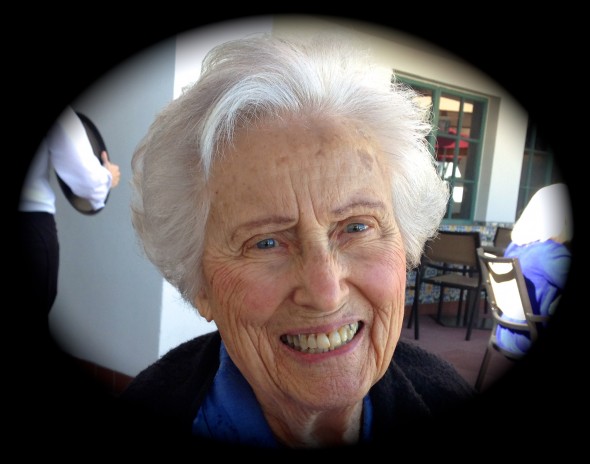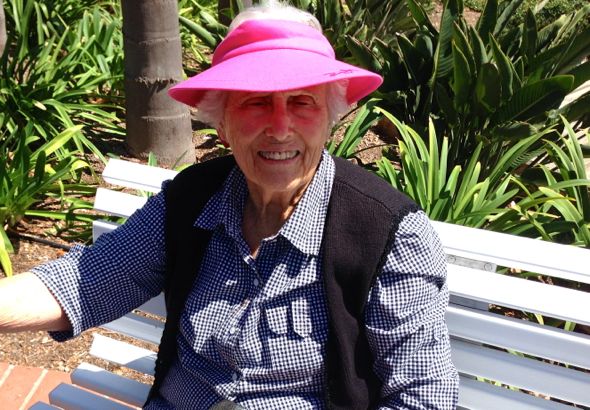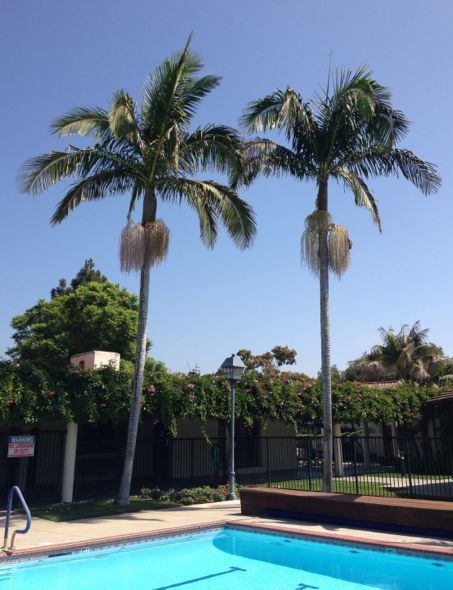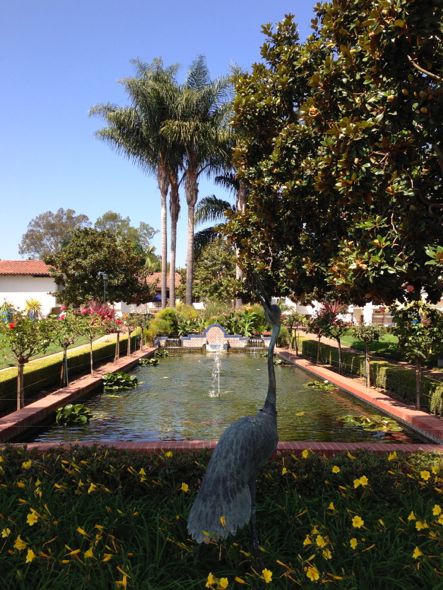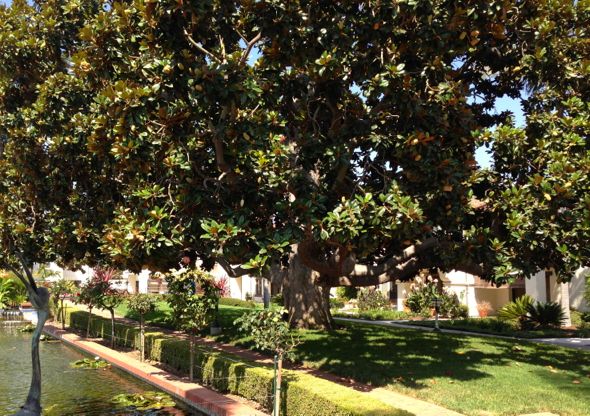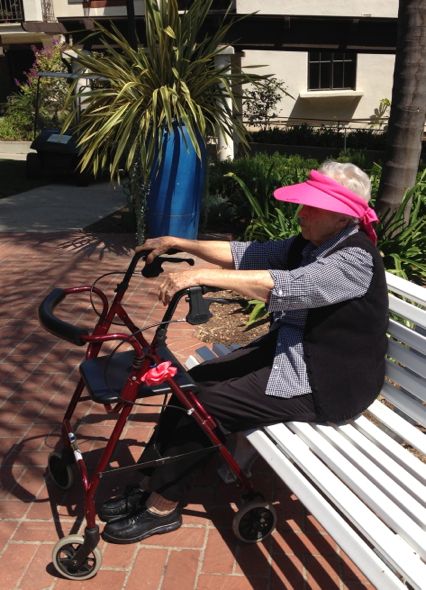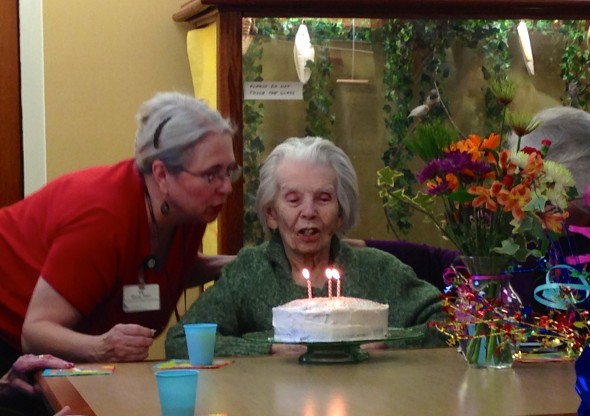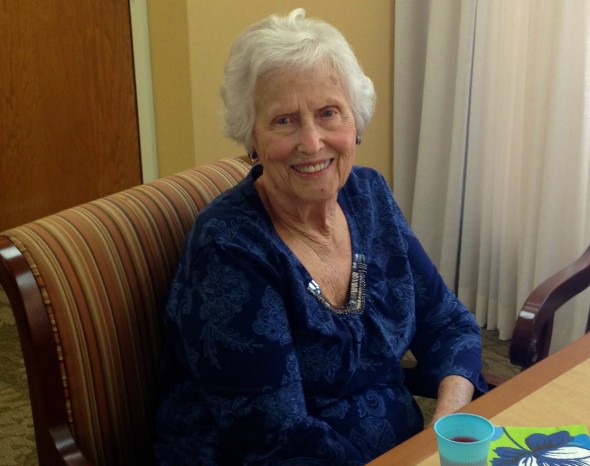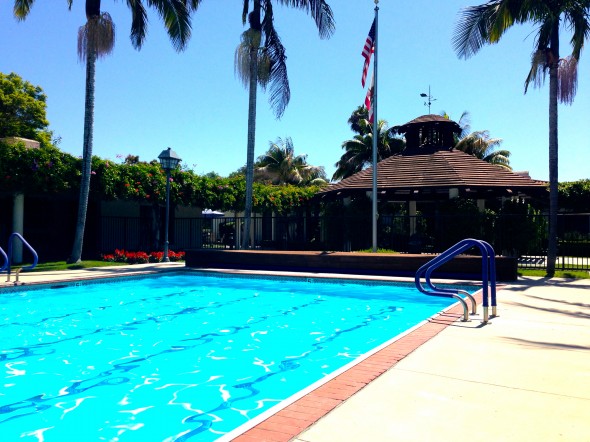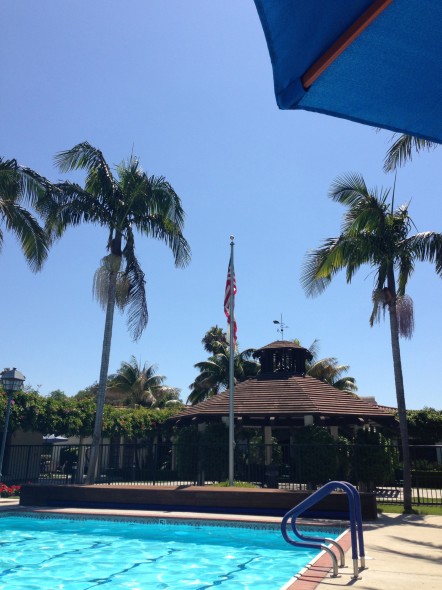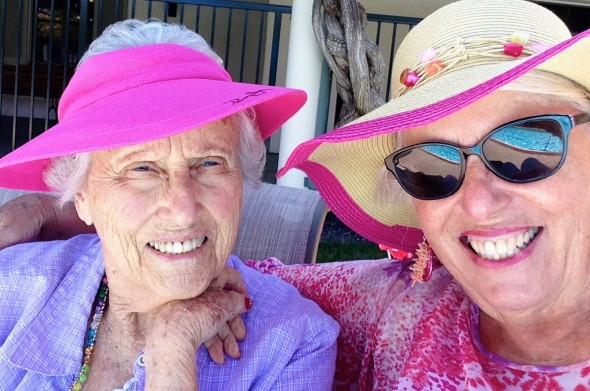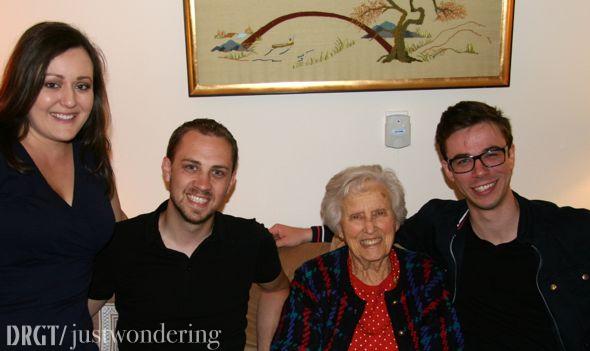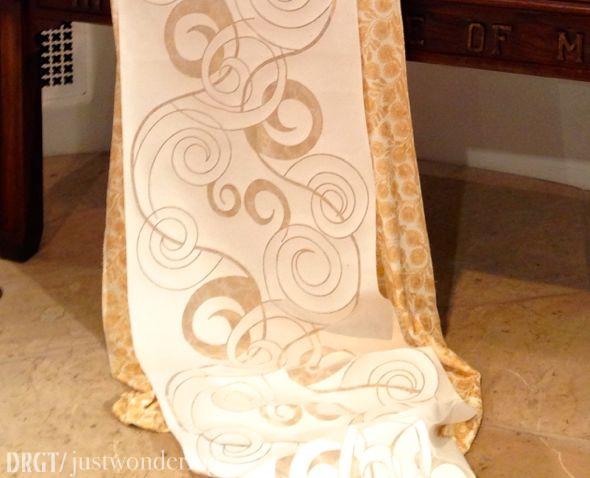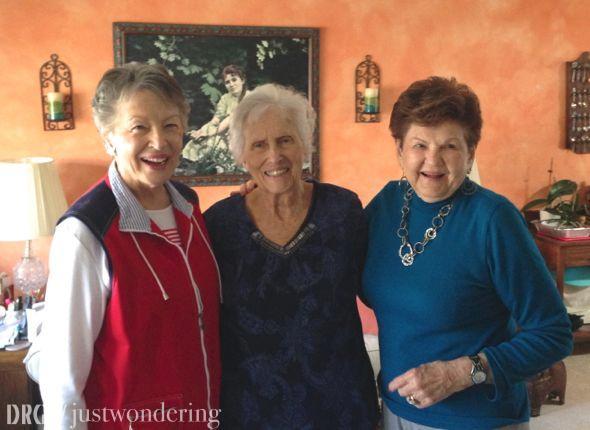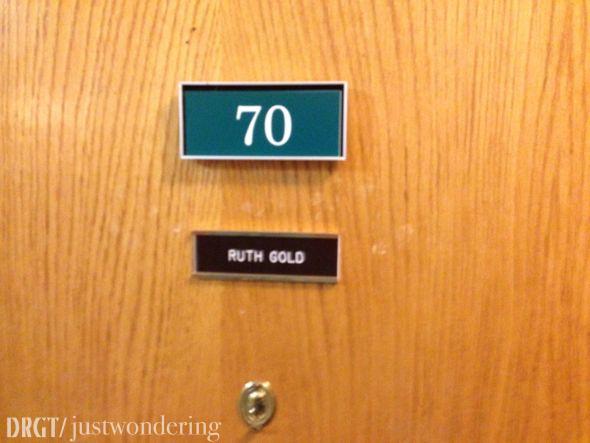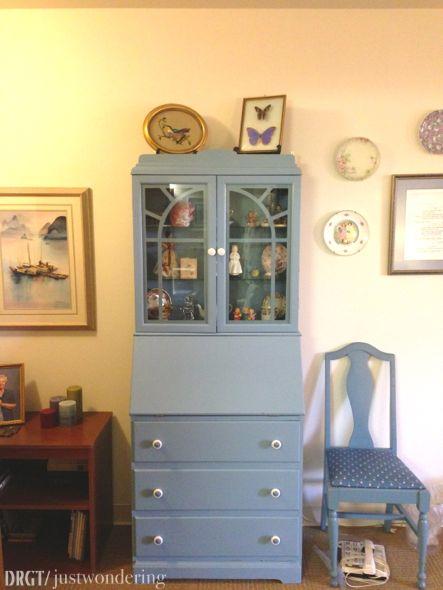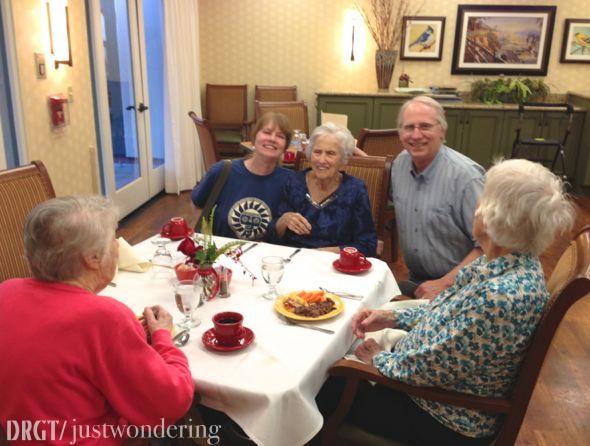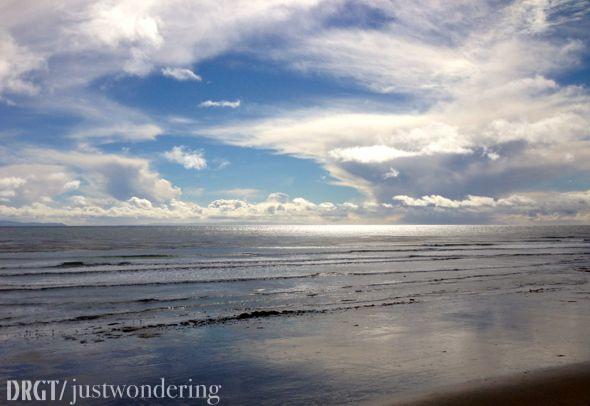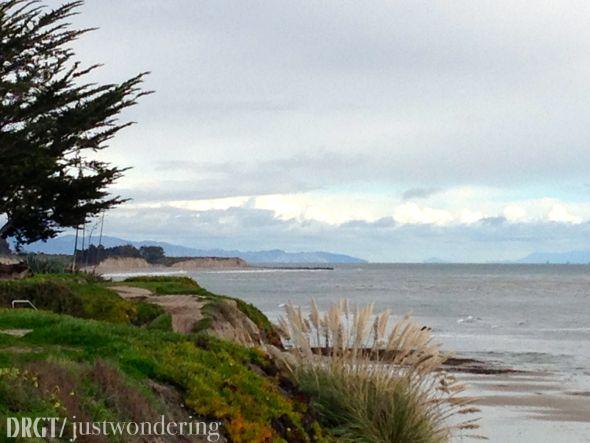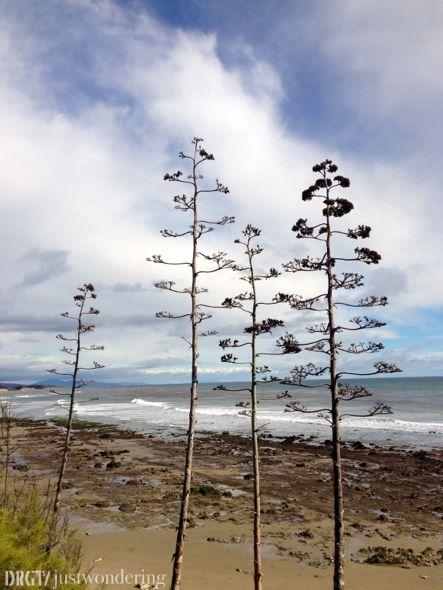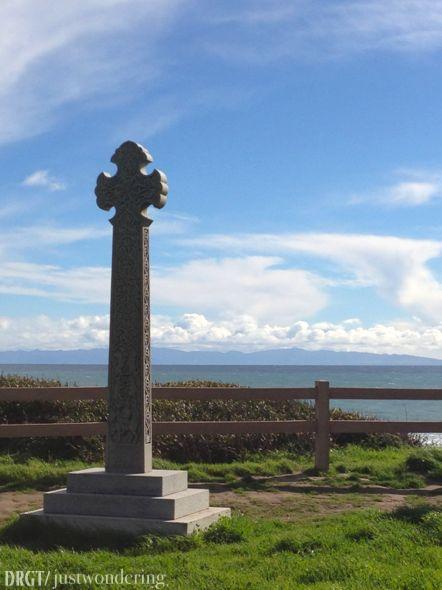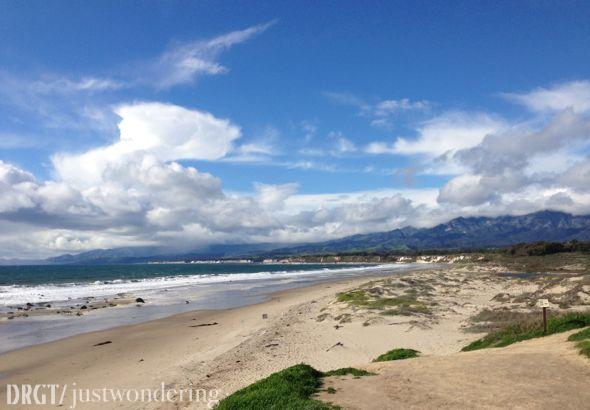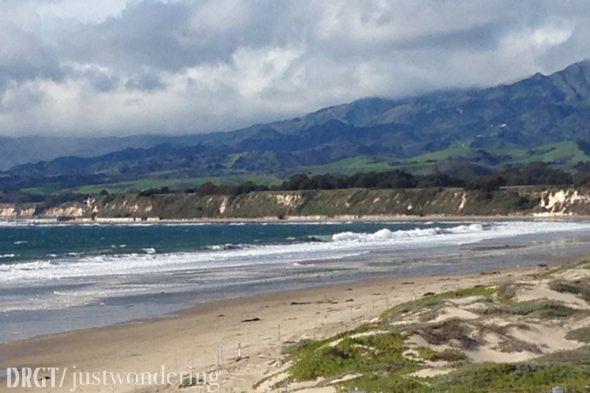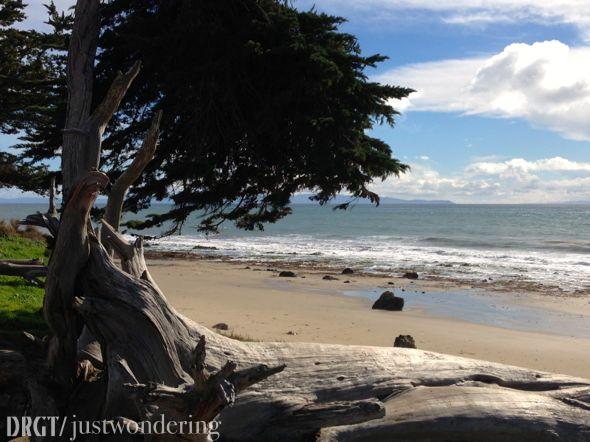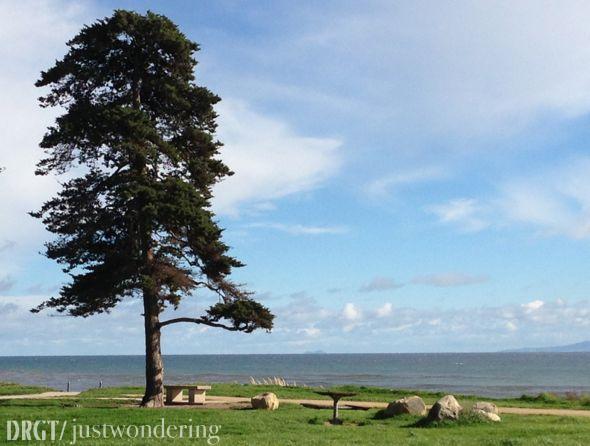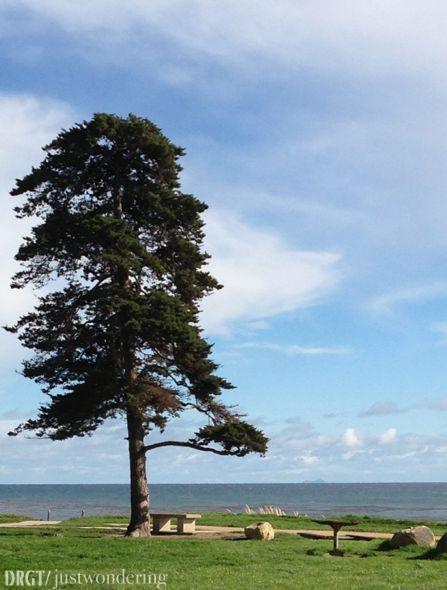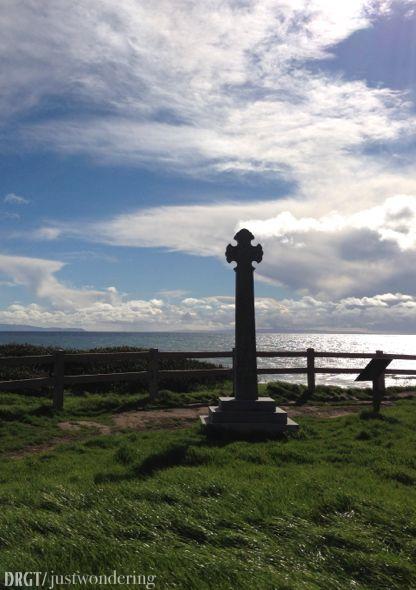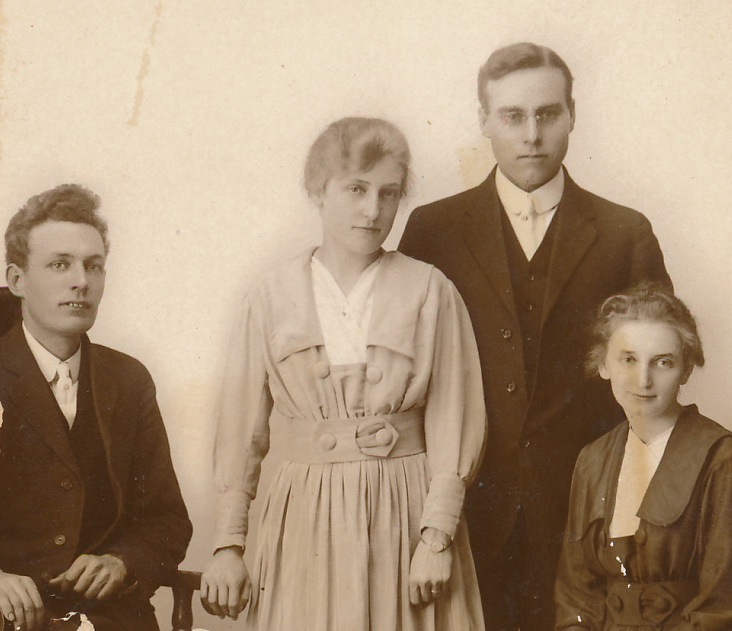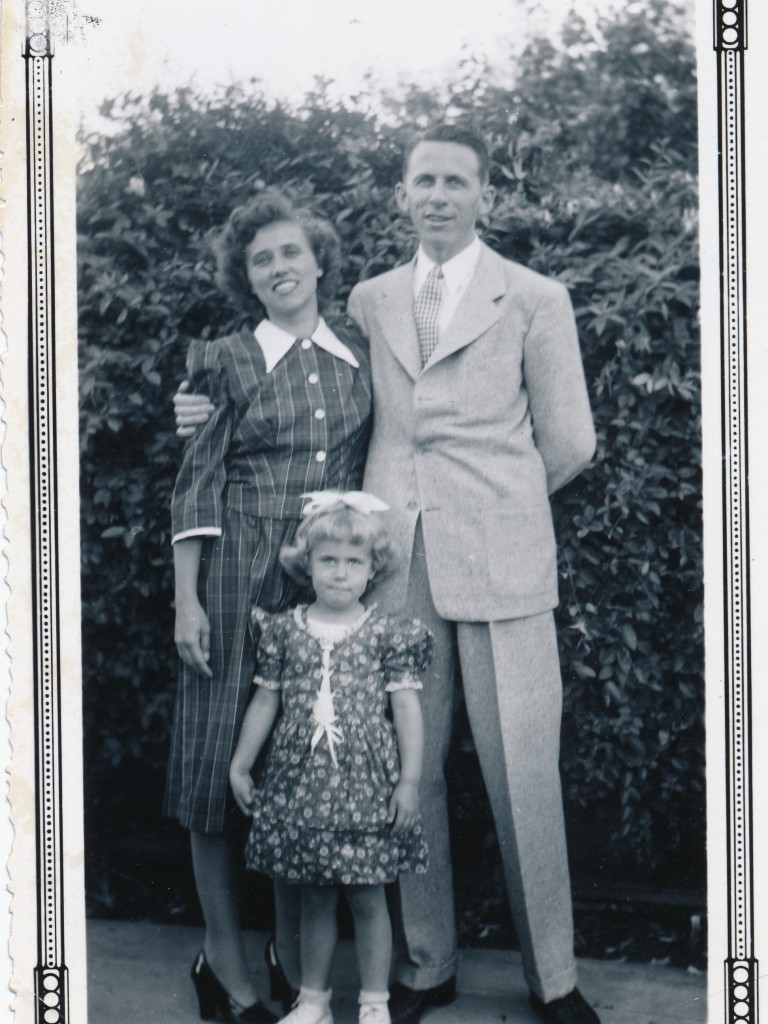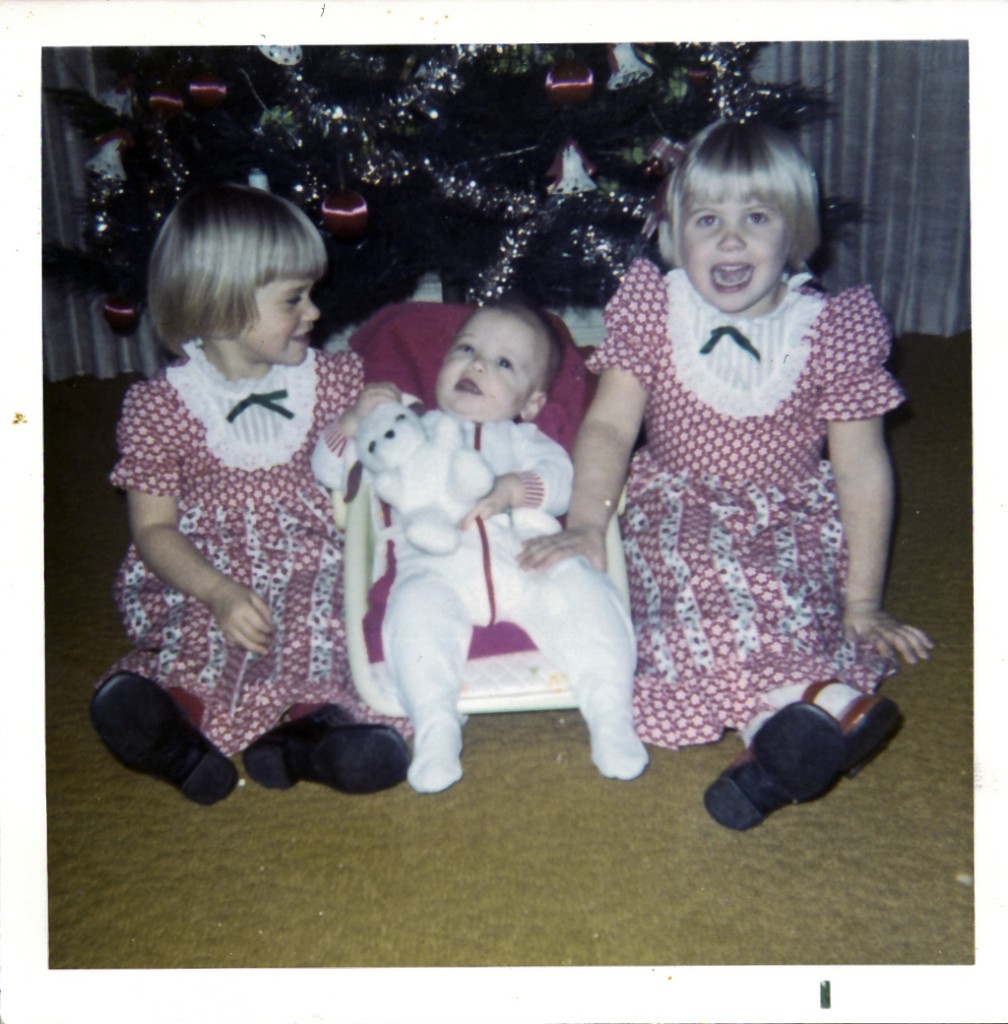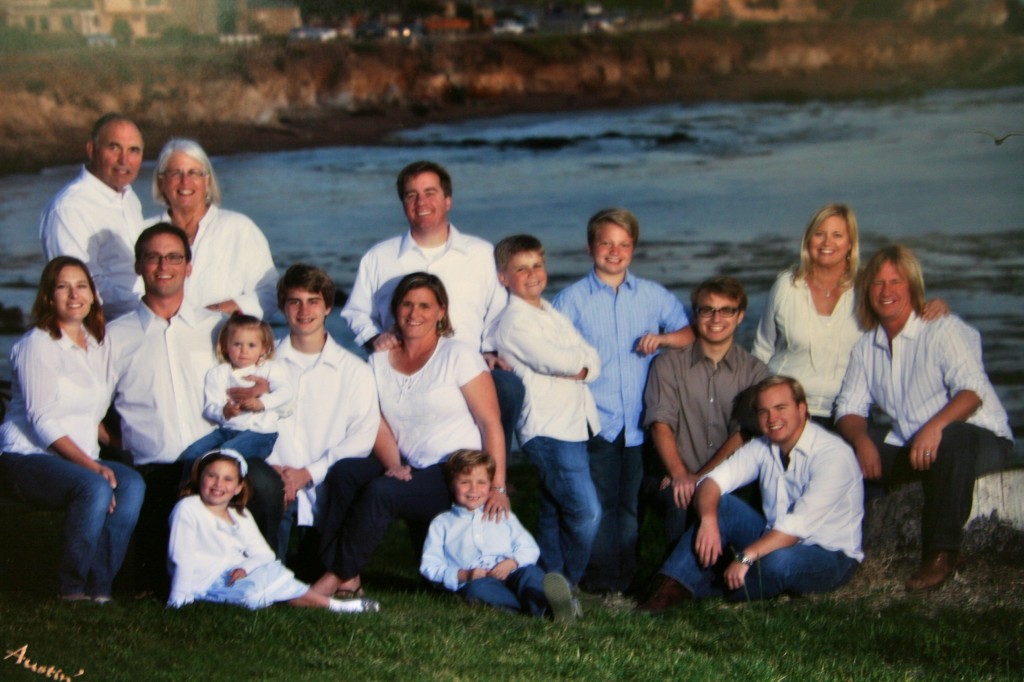I am indebted to the fine homiletical work of our pastor Don Johnson for the thrust of this reflection. His sermon this morning was dead on, and so very important. Please read the gospel lesson, the Word of the Lord for the saints in Santa Barbara this morning:
John 6:1-15, NLT
After this, Jesus crossed over to the far side of the Sea of Galilee, also known as the Sea of Tiberias. A huge crowd kept following him wherever he went, because they saw his miraculous signs as he healed the sick. Then Jesus climbed a hill and sat down with his disciples around him. (It was nearly time for the Jewish Passover celebration.) Jesus soon saw a huge crowd of people coming to look for him. Turning to Philip, he asked,“Where can we buy bread to feed all these people?” He was testing Philip, for he already knew what he was going to do.
Philip replied, “Even if we worked for months, we wouldn’t have enough money to feed them!”
Then Andrew, Simon Peter’s brother, spoke up. “There’s a young boy here with five barley loaves and two fish. But what good is that with this huge crowd?”
“Tell everyone to sit down,” Jesus said. So they all sat down on the grassy slopes. (The men alone numbered about 5,000.) Then Jesus took the loaves, gave thanks to God, and distributed them to the people. Afterward he did the same with the fish. And they all ate as much as they wanted. After everyone was full, Jesus told his disciples,“Now gather the leftovers, so that nothing is wasted.” So they picked up the pieces and filled twelve baskets with scraps left by the people who had eaten from the five barley loaves.
When the people saw him do this miraculous sign, they exclaimed, “Surely, he is the Prophet we have been expecting!” When Jesus saw that they were ready to force him to be their king, he slipped away into the hills by himself.
It was hot, dusty, flies and people milling about,
buzzing, buzzing.
Over 5000 folks climbed that hillside with the water view,
oldsters and children, men and women,
seekers and hangers-on —
wondering and wandering and wanting to see
what the rabbi might do,
to hear what he might say.
Jesus was the newest ‘show in town,’ and everyone was curious.
They had seen (or heard) about the healings, the ‘signs,’
and they wanted to see a few for themselves.
So they hoofed it, out into the countryside, hiking up the hill by the lake,
hanging around, waiting for the show to begin.
The star of the show, however, gathered his closest friends and went to
the tippy-top of that hill and . . . what?
Gathered the props for a magic show?
Laid out a careful plan for crowd management?
Discussed what the format for the day should look like?
None of the above.
None of it.
Oh, there is a sign coming —
and a doozy of a sign, too.
And the crowd will be pleased,
so overwhelmingly convinced that Jesus
is the latest hot number,
that they will succumb to mob mentality
and try to force the guy to become
their next Grand Poobah.
(Something which Jesus will have NONE of.)
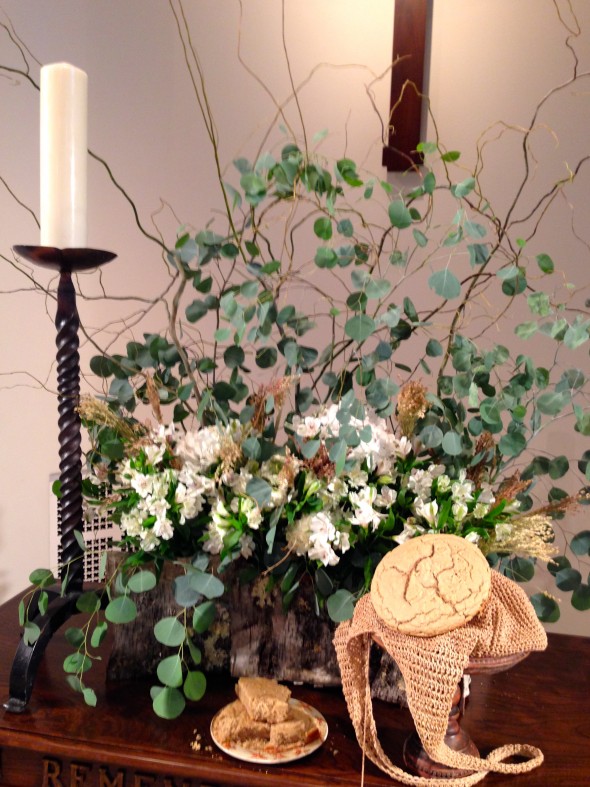
No. There is no talk of technique or teaching,
there is a simple lesson in faith, told to two particular disciples.
Rather than a story about the crowd.
or even a story about a ‘trick’ or a sign,
this is something else entirely.
This is a story about
contrasting worldviews,
personal invitations,
scarcity and plentitude,
faith and doubt.
This is a story about possibilities
and whether or not those who follow Jesus
are open to them.
This is a story about Philip and Andrew.
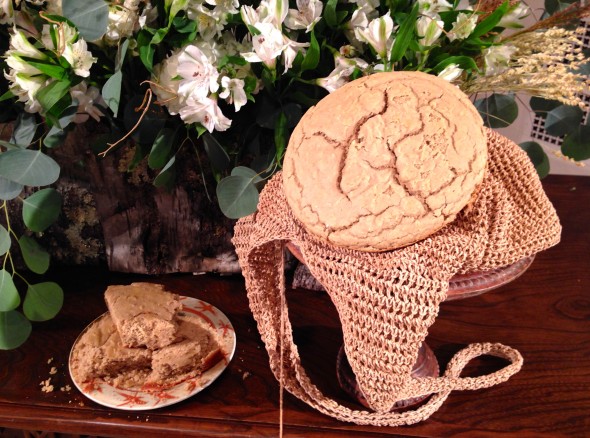 And this is a story about giving what we have,
And this is a story about giving what we have,
no matter how small it might look to us,
to the gentle, prayerful care of Jesus the Christ,
and then waiting to see
how too little
becomes more than enough.
That is a barley loaf in the pictures above.
Poor people’s bread in 1st century Palestine,
the bare minimum for a day’s calories.
Crumbly and salty, even tasty, when you get used to it,
what a mother might pack for her son
for a picnic by the lake.
A far cry from Philip’s anxious bean-counting,
(“Even if we worked for months, we wouldn’t have enough to feed all these people!”)
and the only small thing that Andrew could dredge up
in his cursory survey of the crowd.
A boy’s lunch basket.
That’s all he had.
And it was more than enough.
Neither Philip nor Andrew could see that more-than-enough
when they looked at that little lunch.
But Andrew had a hunch, just an inkling,
and he wasn’t all that sure about it, either.
But he brought that small bag of food,
and he gave it to Jesus.
What small thing can I bring to the top of that hill today?
What paltry gift can I bring?
Can I take my eyes off of the need that seems to
surround and overwhelm,
and look only at Jesus?
Only at Jesus.
Can I resist the attitude of scarcity that oozes out of Philip,
can I turn away from my proclivity for anxiety rather than trust,
my inclination to look at the crowd rather than at Jesus,
my unholy need to control outcomes
rather than let the Holy-Spirit-power-of-my-Redeemer
have its way with the little, the last, the least and the lost?
Ah, Jesus. Have mercy on me, a sinner.
Help me to be an Andrew.
Not quite sure, but willing.
Wondering about outcomes,
but handing it over,
no matter how small it looks.
After church,
after lunch,
after a deep breath and a deep sigh,
we piled my 92-year-old mom into our car
and headed 80 miles east toward her 90-year-old sister,
who is dying this week.
When pastor Don asked us to write down the small things we have,
the things that we find when we search our hearts
and our calendars and our commitments,
the things we need to bring to Jesus —
these two were on the top of my list:
my writing
my mother.
And today was a day for my mother.
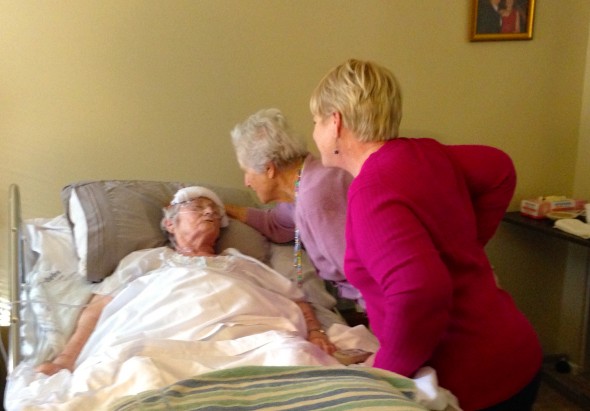
It was a hard day, a tiring one, filled with confusion
and fear and grief.
It was a day when I had to pray for grace and for patience
every second of every minute of every hour.
I had a hard time looking at Jesus
in the midst of this particular crowd.
I had a hard time sitting down on the grass
and partaking of the bounty that comes
from not enough when it is given over to the Savior.
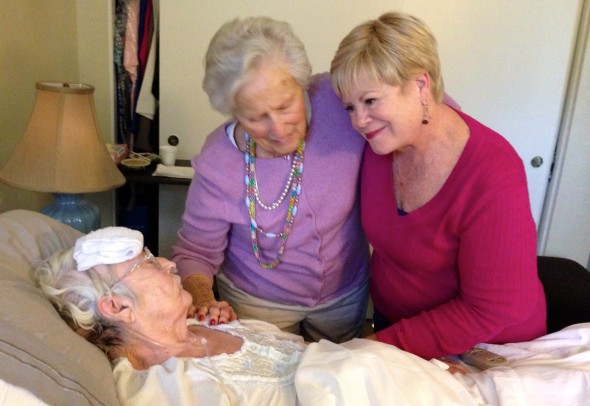
But there were glimpses.
There was beauty.
There was grace.
My beautiful cousin, looking at her mama with so much love.
My beautiful aunt, rousing just enough
to grab her sister’s hand and cry, “Ruthie! Ruthie! It’s you, it’s you!”
My beautiful mother, having to meet her grief
over and over and over,
as she forgot who the woman in the bed was,
and then remembered when I gently repeated,
“This is Eileen, your sister, your best friend.”
And the beauty of old songs, sweetly sung.
“On a hill far away. . .”
“For God so loved the world. . . “
“Away in a manger. . .”
“I come to the garden alone. . . “
Every word sung by the sisters and the cousins,
every word an offering of love to each other,
and to the God who gives us songs to sing.
Every word, a reminder that when we give it to Jesus,
the little things are more than enough.
An update, late on Tuesday night: my much-loved, delightful, charming, fun-loving Aunt Eileen
moved into the arms of Jesus at 9:46 p.m.
Thanks be to God and peace to her memory.
Offering this small thing to Laura, Michelle, Jen, Jennifer, Ann and Emily this week, grateful for the ways in which they each point me to Jesus and away from the crowd.






